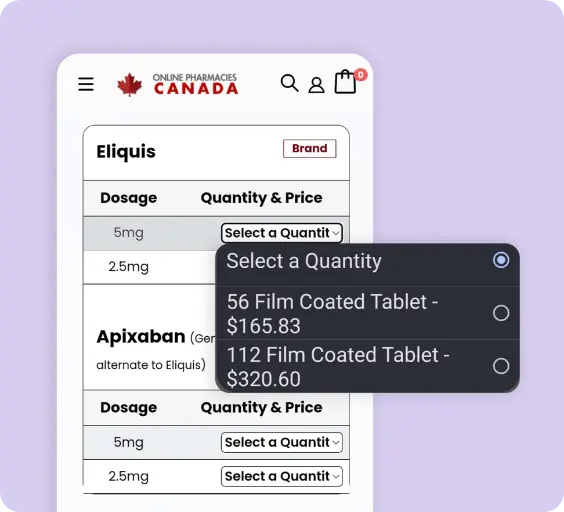Vancomycin comes in capsule form to be taken orally. The usual dosage is 3-4 times per day for 7-10 days. To make sure you take the medication consistently, try to take it at the same time every day. You should carefully follow the prescription label directions and consult your doctor or pharmacist if you have any questions. Do not alter the dosage, frequency, or duration of vancomycin without your doctor’s approval.
You should start to feel better in the first few days of taking vancomycin. If you do not experience any improvements, or if your symptoms get worse, you should contact your doctor. Complete the entire course of treatment, even if you feel better. Stopping vancomycin too soon, or missing doses, may not completely cure your infection, and it increases the risk of antibiotic resistance.
The recommended dosages of vancomycin can vary depending on the condition being treated, the age of the patient, and their weight.
- For adults, vancomycin dosages can range from 500 to 2000 mg per day, divided into 3 or 4 smaller doses for 7 to 10 days to treat staph intestinal infection.
- For C. difficile diarrhea, the recommended dosage is 125 mg taken 4 times a day for 10 days.
- In children under 18 years old, the recommended dosage is 40 mg/kg per day, divided into 3 or 4 smaller doses for 7 to 10 days, with a maximum single-day dose of 2,000 mg.

 Prescription Required
Prescription Required
 Formulation: Capsule
Formulation: Capsule
 Prescription Required
Prescription Required
 Formulation: Capsule
Formulation: Capsule






















REVIEWS